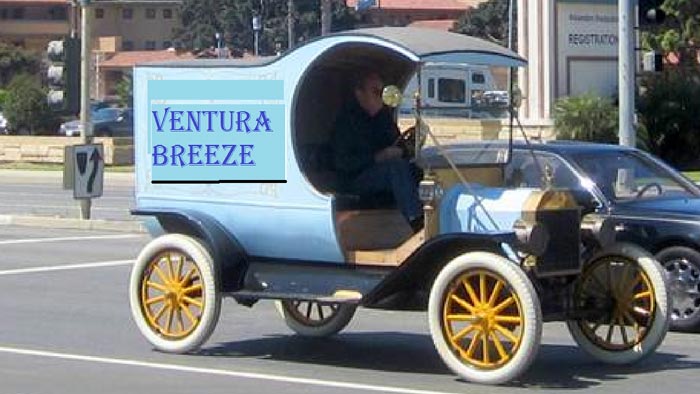 We are in the middle of a massive, unprecedented wealth transfer.
We are in the middle of a massive, unprecedented wealth transfer.
The greatest transfer of wealth in history is happening right now, according to a study from the Boston College Center on Wealth and Philanthropy. This means that you need to ensure you’re well organized when it comes to things like your probate valuation, wealth planning, and wills. It will be much easier for the heirs if the estate is easily passed down.
And with this being said, a staggering amount – $59 trillion – is projected to be passed down to heirs, charities and taxes between 2007 and 2061. Relatives looking to leave something behind to their family members will likely have consulted with their Estate Planning Attorney in order to prepare for the transfer of wealth upon their passing.
“We are in the middle of a massive, unprecedented wealth transfer from the World War II generation to the Baby Boomers, and then to subsequent generations,” says family wealth guru John Pankauski, author of the new book, “Pankauski’s Trustee’s Guide: 10 Steps to Family Trustee Excellence.”
“But much of that wealth will not be given to beneficiaries outright.”
Instead, he says, it will be held in a trust, which is a distinct entity, much like a corporation. The trust is managed by a trustee, who protects the trust property for the benefit of the beneficiaries.
Sounds good – as long as trustees are honest individuals who don’t use the trust as a personal ATM, and simmering rivalries among beneficiaries don’t explode, Pankauski says.
The best way to ensure money is handled correctly – and honestly – is to pick the right trustee, but the right one may not be obvious, he says.
Pankauski, founder of the Pankauski Law Firm (www.pankauskilawfirm.com), offers perspective on how to choose a trustee.
- Don’t choose just anyone! Family members, friends and even felons theoretically could be entrusted with managing an inheritor’s money. But tread carefully. The decision on the trustee should be treated like a business consideration, not a personal one.
- Multiple trustees are allowed, but can cause problems. Personal relationships that were previously cordial can turn icy when there are multiple trustees. Co-trustees administer the trust by majority rule unless the trust document demands unanimous decisions.
- Being a trustee is a great responsibility. Perfection is not required, but incompetence won’t be tolerated. Criticisms could flow freely. If you’re holding a lot of cash and the markets go up, beneficiaries complain that you failed to capture those gains. If you’re fully invested in the market and the market takes a dip, the beneficiaries complain that you are overexposed. You may be fairly compensated for your duties as trustee, but the money may not be worth the potential headaches.
- You don’t have to accept the appointment. You can decline to serve. Merely sign a one-page document, which can be as brief as a sentence, stating you decline. No reason is required.
You can agree to serve and later resign. But doing so raises a host of issues. You can’t just ditch your duties. You are still in charge until there is a smooth transition to a successor.
John Pankauski, the grandson of Polish and Lithuanian immigrants, was deeply influenced by his parents – products of the Depression and World War II who imparted their values of hard work and thrift. He studied political science at the University of Massachusetts at Amherst. He attended Suffolk University Law School in Boston, and later obtained a master’s degree in law from the University of Miami School of Law’s Graduate Program in estate planning.


